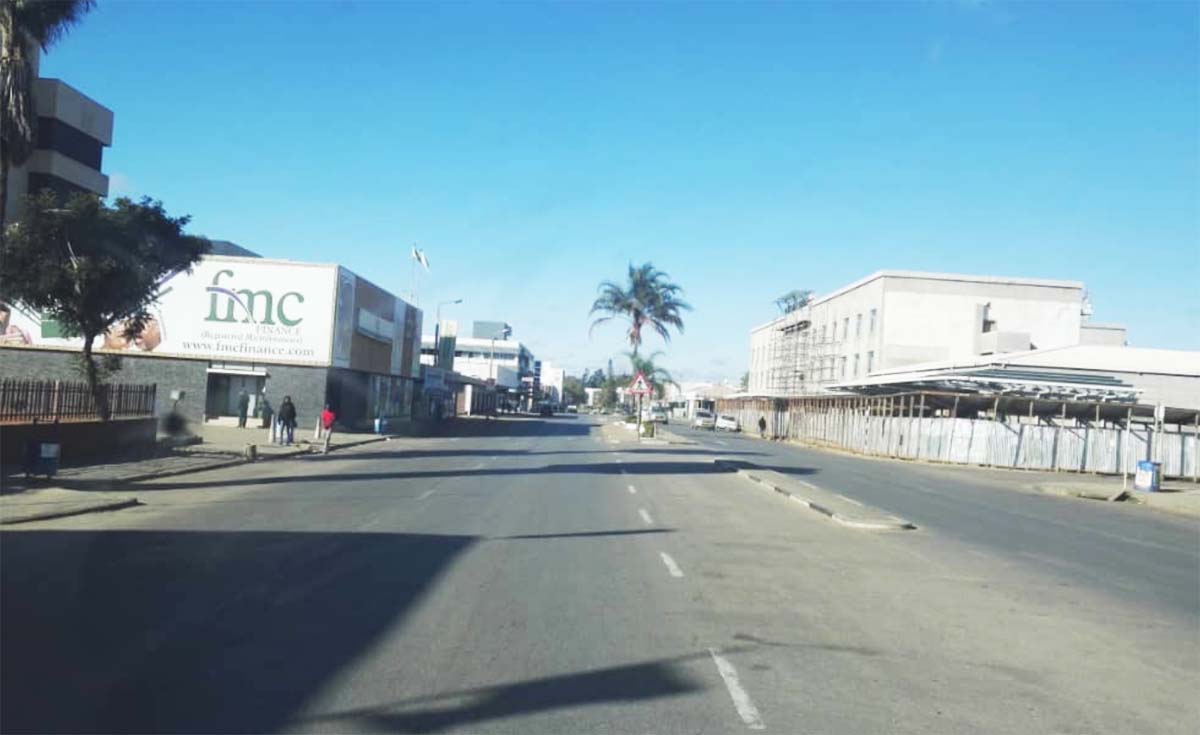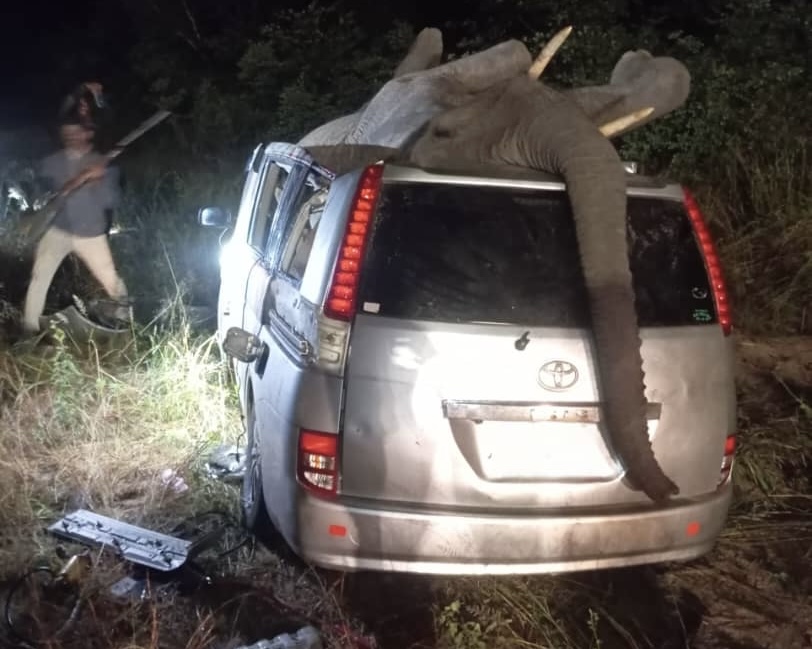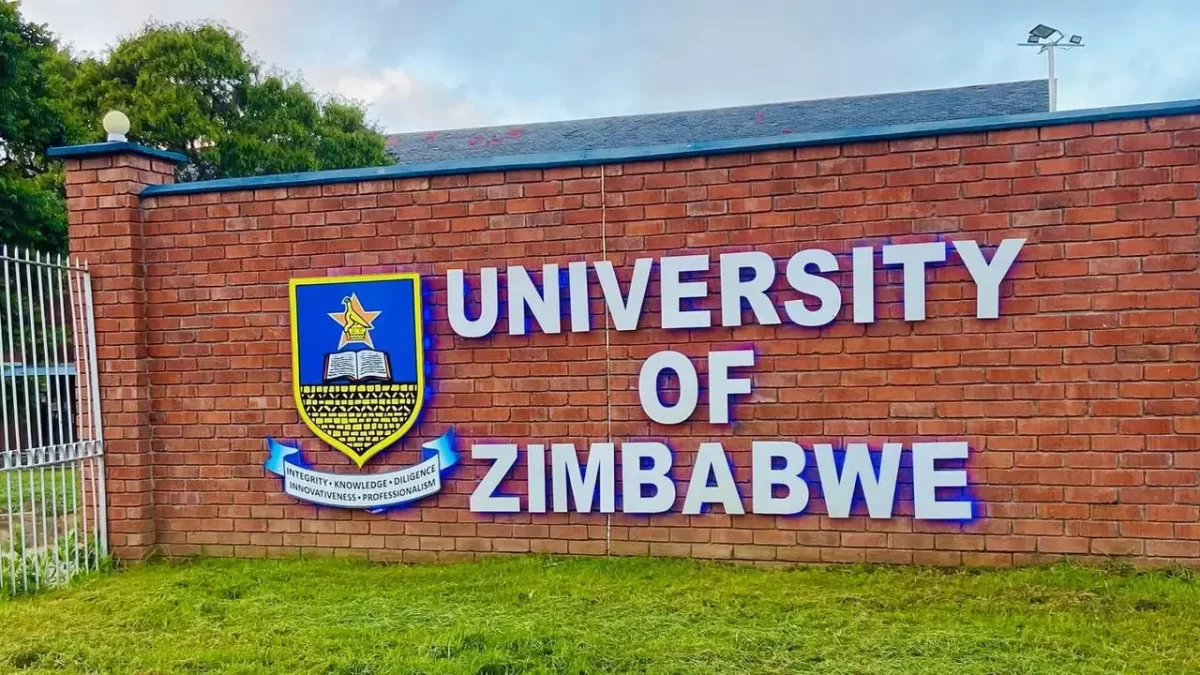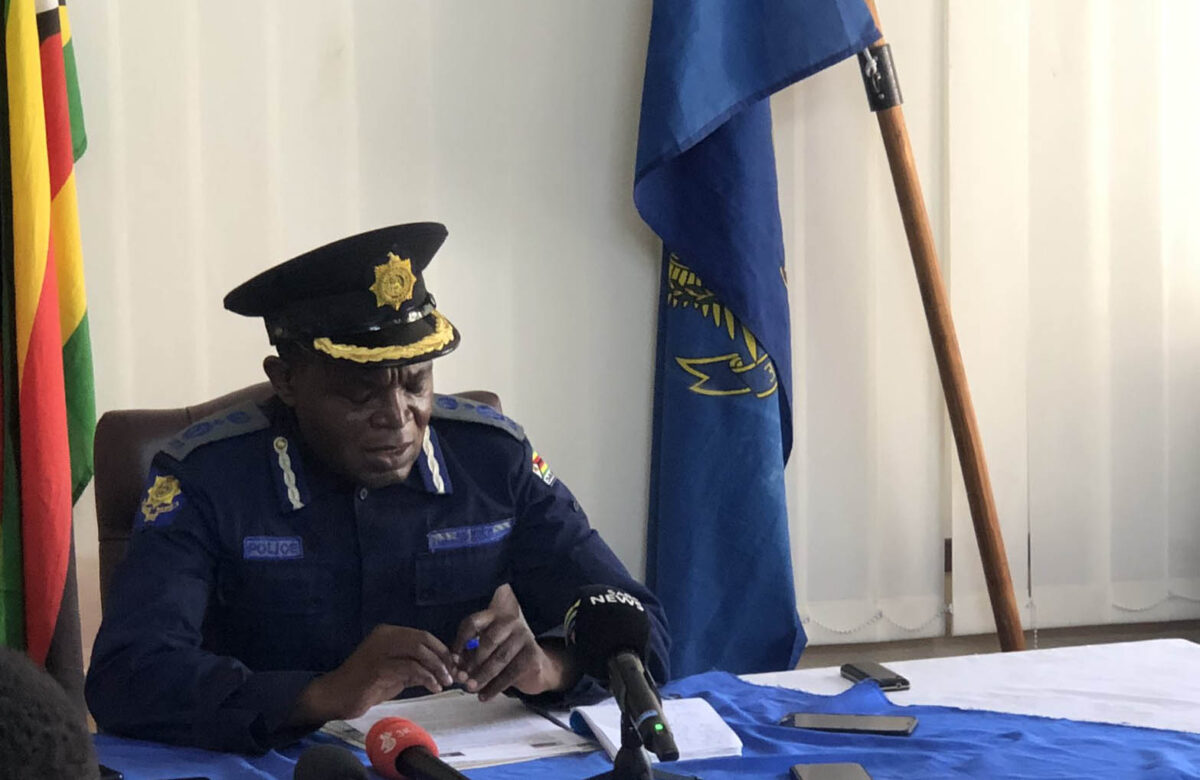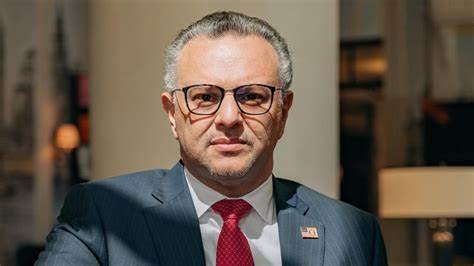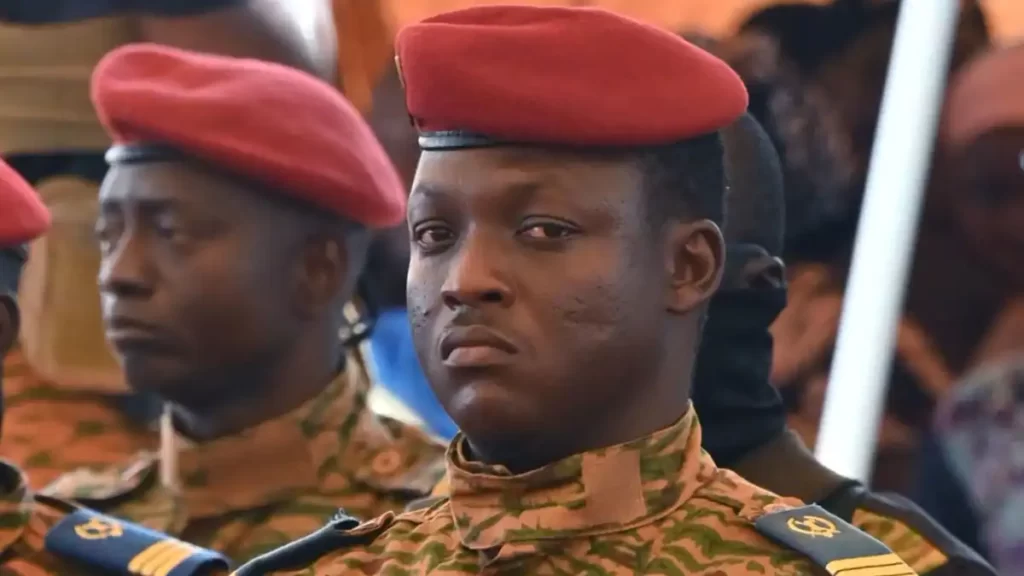HARARE – Security forces shut down Harare, Bulawayo and Kwekwe in recent days in response to “planned mischief” by anti-government activists and the opposition, President Emmerson Mnangagwa’s spokesman said Wednesday.
Troops and police on June 2 tightened lockdown restrictions in the capital Harare, blocking many cars and buses from entering the central business district, but these were eased again the following day.
On Tuesday this week, police imposed similar measures in Bulawayo, which was followed by Kwekwe on Wednesday.
Police said they were merely enforcing Level 2 lockdown restrictions – but this explanation convinced few people because the eased lockdown restrictions permit all businesses to re-open.
Mnangagwa’s spokesman George Charamba admitted on Wednesday that the city shutdowns were a response to what he said were “threats” to the regime.
“The State decided on an enhanced lockdown last week acting on the basis of information and threats which civilians never know beforehand, (and) will never know unless informed,” Charamba wrote on Twitter.
Charamba said it had to be “prudent” to inform the nation about the threats to avoid inconveniencing the public, but “quite often, it isn’t.”
Residents of Bulawayo were caught by surprise on Tuesday when police supported by troops swept through the town dispersing people queuing outside banks and going to work, ordering everyone to leave the central business district. Public transport buses only carried health workers and members of the security services.
Unconvincingly, police later said they were enforcing coronavirus lockdown restrictions. Charamba has now admitted that this was not the case. Instead, he says authorities were responding to planned protests to coincide with the Day of the African Child observed on June 16 as a commemoration of the June 16, 1976, student-uprising in Soweto, South Africa, where students who marched in protest against apartheid-inspired education were brutally murdered.
“Those who had planned mischief to coincide with the June 16 Day of the African Child, in the hope of misappropriating it for own ends, know why what happened did,” Charamba wrote. “More important, they should know all the evil they plan is in the full glare of the watchful State. It can’t happen, it’s not going to happen and it will never happen.”
He said Zimbabweans should “keep within the four corners of the law and follow tenets of lawful, peaceful opposition” and “your days on this earth as opposition will be added”, adding: “This is friendly advice.”
In Kwekwe on Wednesday, police and soldiers turned away many commuters and cars, including those with work letters, at check points leading into town except critical staff like health workers as well as state employees.
The opposition Movement for Democratic Change (MDC) has accused Mnangagwa’s government of trying to suppress protests over a worsening economy by using the cover of the coronavirus lockdown, which the Zanu PF leader has extended indefinitely.
The MDC says Mnangagwa is increasingly clinging to power with the help of security forces, as resentment grows against his government.
On Wednesday, nurses and other health workers staged a demonstration against poor pay at Parirenyatwa Hospital in Harare, the country’s biggest referral hospital.
The Zimbabwe Congress of Trade Unions said it would make an announcement on Thursday, laying out plans of increasing pressure on the government.
“The bottom line is that we are prepared to liberate ourselves from a parasitic and exploitative system. We hear riot police have been called (to Parirenyatwa) and we advise them that they are also workers,” the ZCTU said on Twitter.

